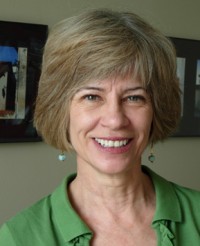Nine Lives
“Today, we live with this illusion that we know the world," says
William Dalrymple. "The reality, of course, is. . .that there's huge
parts of the world which we know absolutely nothing about, particularly
in areas of religion and philosophy." For most of us, India is one of
those places. With the third largest population in the world, and an
economy that’s growing almost as fast as China’s, one can understand
why old ways are being snuffed out.
But Dalyrmple sought out
“places suspended between modernity and tradition” where religion is in
“a state of fascinating and unpredictable flux.”
In villages or
small towns, he interviewed people whose religions are expressed in
what seem—to Westerners at least—rash, dangerous and peculiar ways.
Here are some of the people he found:
- In a lifelong effort
to become unencumbered and reach for “liberation,” a 38-year-old Jain
monk renounces nearly everything: hair, relationship attachments, meat
and all but one meal a day. - For most of the year, Hari Das
is scorned as an untouchable member of the Dalit caste, but for three
months every year he dons makeup and heavy headdresses and becomes a
respected Hindi theyyam dancer, who performs elaborate dances when he
is possessed by the god God Vishnu. For those three months, he is
worshiped by Brahmins who scorn him during the rest of the year. - In
the northernmost tip of India, an old Tibetan tells of how he gave up
his Buddhist monastic vows to fight the invading Chinese. Overwhelmed
by the enemy, he fled to Dharamsala, where he took up his vows and is
spending his last days anxiously repenting of his participation in war.
Dalyrmple
is a keen observer, reporting on what he’s seen and heard, then adding
religious context to help the reader place each person's story into the
larger story of India. I was intrigued by these snapshots, even though
I realized I'd had only a glimpse of this vast, complex, crowded and
enigmatic country.






